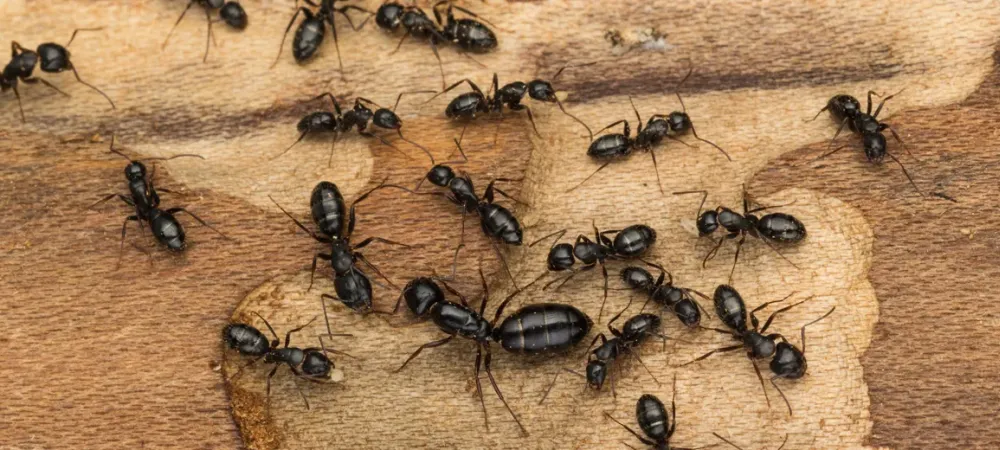How to Control Ant Infestations in Melbourne, FL

Ants may be small in size, but when they invade your home or business in Melbourne, FL, they can become a big nuisance, causing property damage and contaminating food supplies. Understanding how to control ant infestations is crucial for maintaining a pest-free environment and preserving the health and safety of your space. In this guide, we'll dive into effective strategies for identifying, preventing, and managing ant infestations in Melbourne, FL.
Understanding Ant Behavior
Ants are highly social insects that live in colonies, with each member playing a specific role to support the survival and growth of the colony. They communicate through chemical signals and work together to forage for food, protect their nest, and care for their young. In Melbourne, various ant species thrive due to the warm climate and abundant food sources available in both urban and suburban environments.
Identifying Common Ant Species in Melbourne, FL
Two of Melbourne's most common ant species are Argentine ants and ghost ants. Argentine ants are light to dark brown and typically form extensive colonies with multiple queens. They are highly adaptable and can quickly establish large populations in both indoor and outdoor environments. On the other hand, ghost ants are tiny, pale-colored ants that are often mistaken for sugar ants. They are known for their erratic trailing behavior and tendency to establish nests in moist areas, making them a common nuisance in kitchens and bathrooms.
Signs of Ant Infestations
Ant infestations can manifest in various ways, depending on the species and the severity of the infestation.
Visual signs may include:
- The presence of ant trails along walls, floors, or countertops, particularly leading to food sources or nesting sites.
- Additionally, homeowners may notice the appearance of ant nests in wall voids, under flooring, or in outdoor landscaping features.
- Another common indication of ant activity is the discovery of damaged or contaminated food items, as ants are notorious for raiding pantry supplies and leaving behind telltale signs of their presence.
Prevention Strategies
Preventing ant infestations requires a multifaceted approach that addresses both attractants and entry points. Practicing good sanitation habits can help eliminate potential food sources that attract ants indoors, such as:
- Promptly cleaning up spills
- Wiping down surfaces
- Properly storing food in sealed containers
Additionally, sealing cracks and gaps in windows, doors, and foundation walls can prevent ants from gaining access to your home or business. Addressing moisture issues by repairing leaky pipes, fixing faulty gutters, and maintaining proper drainage around the property can also deter ants from establishing nests in damp areas.
DIY Ant Control Methods
For homeowners seeking to manage ant infestations on their own, several DIY methods can be effective when implemented correctly. Ant baits and traps containing slow-acting insecticides can be strategically placed along ant trails and near entry points to intercept foraging ants and eliminate entire colonies over time. Natural remedies such as vinegar, peppermint oil, or diatomaceous earth can also be used to repel ants and disrupt their scent trails. Another thing to try is, caulking gaps and crevices, applying weatherstripping to doors and windows, and using silicone-based sealants to fill cracks in walls can help prevent ant entry and reduce the likelihood of future infestations.
Professional Ant Control Services
In cases where ant infestations persist despite DIY efforts, or when dealing with large or persistent infestations, it may be necessary to enlist the services of a professional pest control provider like Bio Green.
Our exterminators in Melbourne, FL, have the knowledge, experience, and equipment needed to effectively identify ant species, locate nesting sites, and implement targeted treatments to eliminate ants safely and efficiently. We can also provide valuable guidance on long-term prevention strategies to minimize the risk of future infestations and ensure ongoing protection for your home or business.
